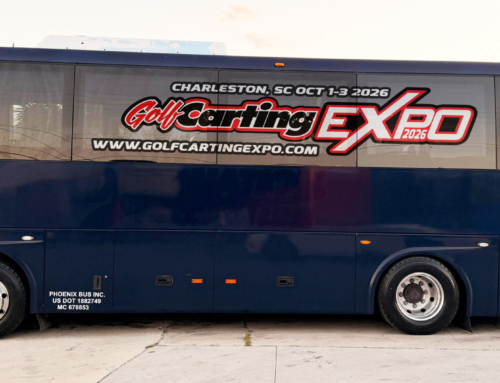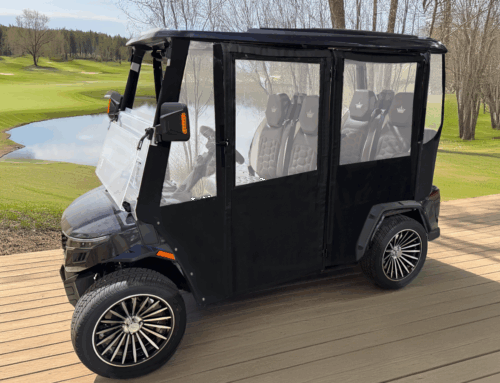Cory Wilkinson – Bolt Energy USA
Perhaps you know me from YouTube with the phrase, “Hey guys, Cory with Palmetto Battery Pros.”
My name is Cory Wilkinson and I have been doing lithium battery unboxing, review, and installation videos on YouTube for our battery retail business for the last 3 years. I really enjoy working in this sub segment of the battery industry and do my best to bring an unbiased voice to the table. I have been fortunate enough to work on the retail, service, and wholesale sides of the lithium golf cart battery space. My goal with this segment is to share everything I have learned about lithium golf cart batteries and help golf cart owners navigate their way through the purchasing process.
We all know that a better battery will improve the electric golf carting experience. The real question is, are lithium golf cart batteries worth the price tag? I would encourage you to do your own research based on your specific needs, budget, and expectations, but if you compare life cycle expectations, we can see the value of going lithium. A set of high-end, name-brand lead acid batteries should expect to see 750 life cycles on average. The most popular lithium golf cart batteries use the prismatic LiFeP04 cells that are rated at 3,500+ lifecycles. If lead acid batteries last 4 years on average and achieve 750 life cycles, then the lithium battery should expect to have a life expectancy of 18+ years. That is a bold claim that no one is making, but the major US brands do feel comfortable offering 8-to-10-year warranties.
The fact of the matter is, no one really knows how long these batteries will last because this product segment is only 5 years old on a mass production level. Even the first batteries to market have not exceeded their original manufacturer’s warranty. That is a scary thought, but the guys that own the companies and have done the R&D believe in the product enough to offer 8-to-10-year warranties. That should tell us something. I do not believe the major US brands are actively claiming these long warranties to sell some batteries just to turn around and close shop. The brands I have worked with are heavily invested in their US sales and service infrastructure and genuinely want to sell the best product on the market.
I have watched lithium golf cart batteries improve so much in a short amount of time. Less than 5 years ago we were installing battery packs assembled with used EV cells. Today we have amazing batteries that primarily use new LiFeP04 prismatic cells with Battery Management Systems designed specifically for upgraded and stock golf carts. Not to mention all the other bells and whistles we did not know we needed five years ago. Features like Bluetooth, mobile applications, remote diagnostics, and CAN bus communication add a tremendous amount of value to the battery and solve a lot of problems early users were experiencing. The early adapters helped the brands create a product that is now perfect for golf carts, this is a wonderful time to take the lithium leap of faith.
Tens of thousands of people will be pulling their golf carts out of storage this month and hoping their lead acid batteries survived the winter. Unfortunately, many of those golf cart owners will need new batteries and must weigh their options. Should I go lithium or stay with lead acid batteries? For me, the choice is simple, but I do understand the reservations of the golf cart owner. We are asking them to believe in a product that has not been fully proven regarding life expectancy, and at a price point that is 2-3 times higher than the old lead acid batteries. If you are interacting with consumers I highly recommend being as honest as possible and establishing yourself as a valuable source of information within your network. Think of your conversations with golf cart owners as consultations, not sales pitches. Your customers will appreciate it. For more info on Bolt Energy please visit: https://boltenergyusa.com/






